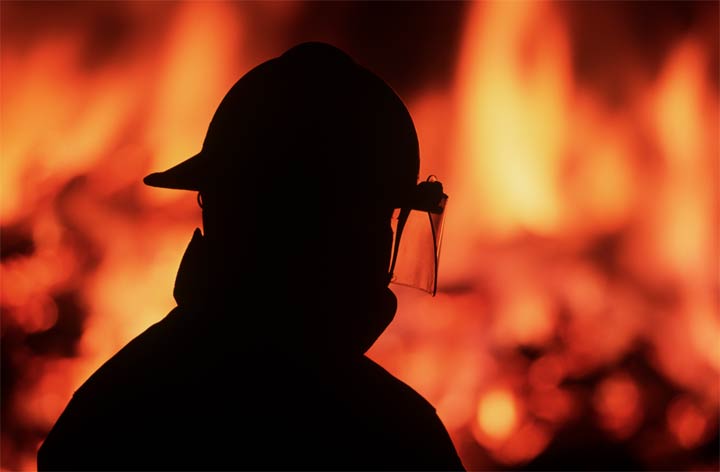According to the Federation of Sovereign Indigenous Nations (FSIN), a Fond-du-Lac firefighter recently committed suicide marking the second member the team has lost in the past three years.

This tragic loss has prompted a call for improved mental health supports in northern Saskatchewan communities.
“We continue to lose the battle against suicide in the north,” Fond-du-Lac Chief Louie Mercredi said in a press release.
“Our community only gets one or two counsellors that fly-in for a few days a week. We need counsellors that can be here full time, every day, and that are willing to engage our membership and be involved in the community or we will continue to lose this battle.”
“We hope that the government steps in to help address our ongoing suicide crisis, so we don’t have to lose anyone else to suicide.”

Get breaking National news
The Saskatchewan Ministry of Health said Tuesday there is currently one full-time mental health therapist, two addiction support workers, and two youth support workers based in Fond-du-Lac.
Government officials added the Athabasca Health Authority (AHA) has been working closely with the First Nations leadership in the area to determine the number of additional mental health therapists that need to be brought in.
The FSIN said people in Saskatchewan’s far north are still suffering despite minimal mental health staff supports that are flown in weekly to help.
“We honour those who put their lives on the line for the health and safety of our community members,” FSIN Chief Bobby Cameron said in a press release.
“Our front line workers are also suffering along with our communities and the need for full-time mental health workers that live and stay in our communities is desperately needed, especially in the far north.”
The ministry said Fond-du-Lac, which is in the AHA, has a Critical Incident Stress Debriefing (CISD) package that it uses for staff members and community members. The health authority is in discussions to develop a CISD package specific to first responders.
Additionally, both La Loche and La Ronge have CISD-trained crisis response teams able to respond to traumatic events.
If you or someone you know is in crisis and needs help, resources are available. In case of an emergency, please call 911. For mental-health programs and services around Canada, please refer to the list here.






Comments
Comments closed.
Due to the sensitive and/or legal subject matter of some of the content on globalnews.ca, we reserve the ability to disable comments from time to time.
Please see our Commenting Policy for more.